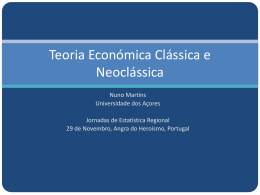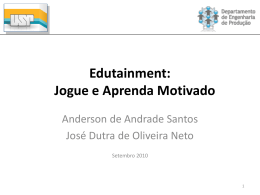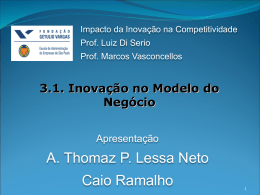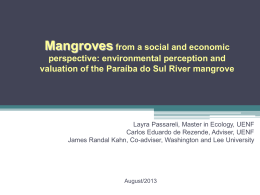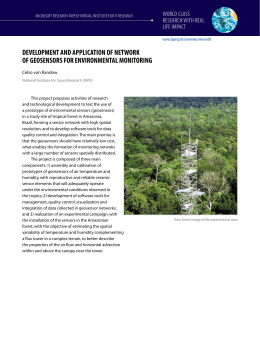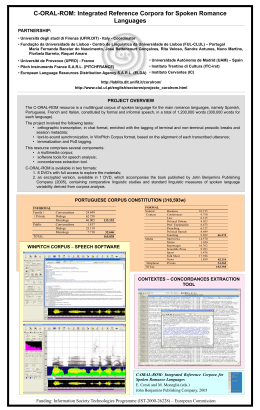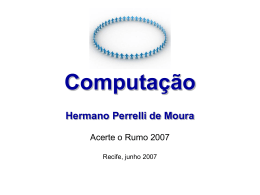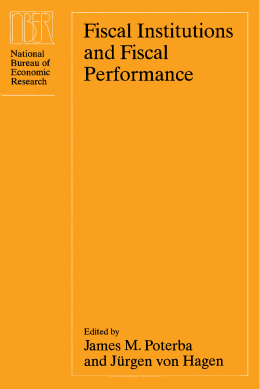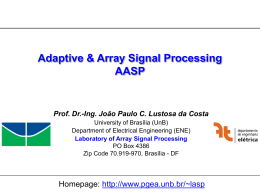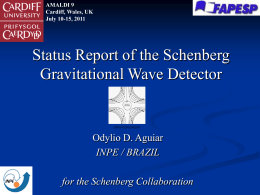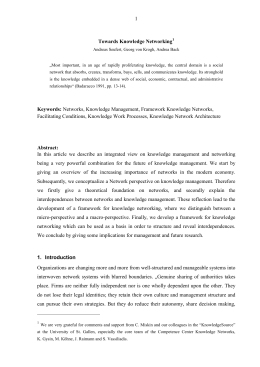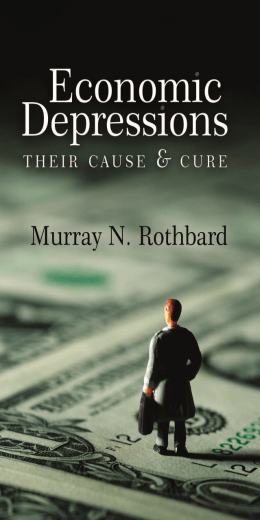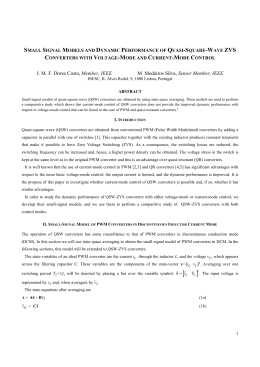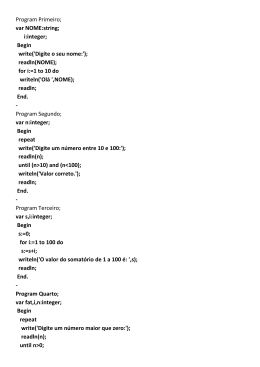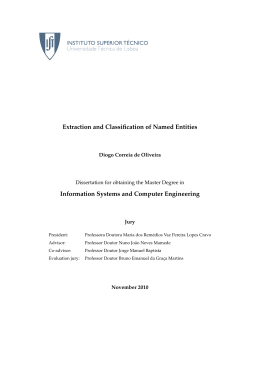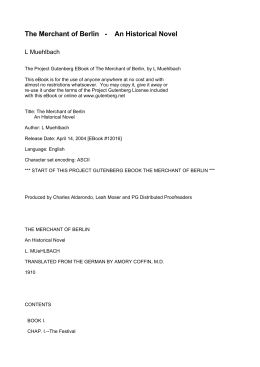A Escola Austríaca e a Teoria do Valor Prof. Dr. Antony P. Mueller UFS Quem foi Ludwig von Mises? • Nasceu 20 de Setembro de 1881 em Lemberg, Império Austro-Húngaro • Faleceu 10 de Outubro de 1973 em Nova Iorque Nota: Falecimento de Karl Marx: 1883 (*1818) Nascimento de John Maynard Keynes: 1883 (- 1946) Nascimento de Joseph Schumpeter: 1883 (- 1950) 1974 Prêmio Nobel para F. A. von Hayek (1899 – 1992) Carreira • Estudos na Universidade de Viena • 1906 Doutorado • 1913-1934 leciona na Universidade de Viena e trabalha como conselheiro econômico na Câmera Austríaca de Indústria e Comércio • 1934-1940 professor no Institut de Hautes Études Internationales em Genebra • 1940 publicação de «Nationalökonomie » (http://mises.org/Books/nationaloekonomie.p df) Mises nos Estados Unidos • 1940 Emigração para Nova Iorque • 1945-1969 Professor na Universidade Nova Iorque • 1949 “Human Action. A Treatise on Economics” (1969 The Scholars’ Edition) • http://mises.org/Books/humanaction.pdf • Biografia: Jörg Guido Hülsmann: “Mises. The Last Knight of Liberalism” 2007 (http://mises.org/Books/HumanActionScholars.p df) Carl Menger (1840-1921) Subjectivism of Valuation Methodological Individualism Marginalist Analysis Eugen von Böhm-Bawerk (1851-1914) Subjectivist Theory of Capital Intertemporal Allocation Time Preference Theory of Interest Ludwig von Mises (1881-1973) Subjectivist Monetary Theory Theory of the Business Cycle Impossibility of Rational Calculation in Socialism Theory of Human Action Friedrich August von Hayek (1899-1992) Theory of Capitalist Production Theory of the Business Cycle Theory of Knowledge Theory of Market Coordination A Escola Austríaca Americana Murray N. Rothbard (1926-1995) Libertarian Economic Theory Israel Kirzner and faculty of New York University Entrepreneurship Subjectivity and Uncertainty Hans-Herman Hoppe (1949 - ) Property rights Institutional Analysis Scholars of the Ludwig von Mises Institute Misesian economic theory Libertarianism Faculty of the Mercator Center of George Mason University Market Processes Public Choice Ação Humana -Human action is conscious behavior -Human action is an ends-means relationship - Human action is tautologically rational - Human valuation is subjective meaning (Sinn) - “Utility” is intentional specific valuation - Human action is teleologically oriented (reverse causality) - Human action is active choice (expectations) - Human action is centered in the personal “ego” (“Ich”) - Human action is sequential in time and space - Human action is imperfect and incomplete - Human thinking is interior action - Human thinking is imperfect and incomplete Dicotomia metodológica Closed Model (ideal do pesquisador) deterministic universal complete reductionistic from complex to simple Open Model (realidade do pesquisador) Non-deterministic time-and-space-dependent incomplete complex from simple to complex Teoria do Valor • Valor versus preço • Preço – Objetivo – Coletivo – Cardinal – Calculatório – Monetário – Absoluto Teoria do Valor • Valor – Subjetivo – Individual – Ordinal – Estimativo – Sensual – Situacional – Transitório – Marginal
Download
